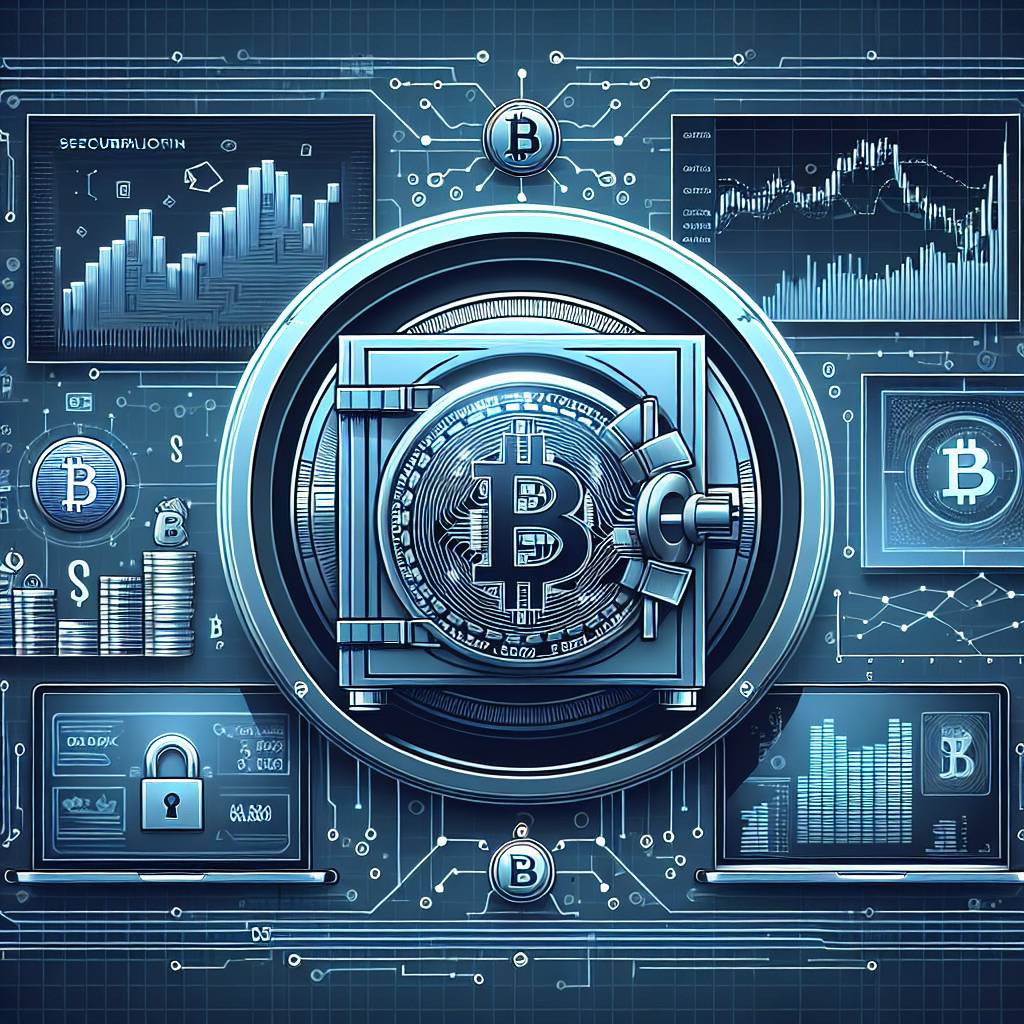How can I secure my Bitcoin and protect it from hackers?
I recently started investing in Bitcoin and I want to make sure my investment is secure. How can I protect my Bitcoin from hackers? What are some best practices and strategies I can implement to ensure the safety of my digital assets?

3 answers
- One of the most important steps to secure your Bitcoin is to use a hardware wallet. Hardware wallets are physical devices that store your private keys offline, making it extremely difficult for hackers to gain access to your funds. They provide an extra layer of security by keeping your private keys isolated from your computer or smartphone, which are more vulnerable to hacking attacks. Some popular hardware wallets include Ledger and Trezor. Make sure to purchase your hardware wallet from a reputable source to avoid any tampering or counterfeit devices. Another important aspect of securing your Bitcoin is to use strong and unique passwords for all your online accounts related to cryptocurrency. Avoid using common passwords or reusing passwords across different platforms. Consider using a password manager to generate and store complex passwords securely. Additionally, enabling two-factor authentication (2FA) adds an extra layer of security to your accounts. With 2FA, you will need to provide a second form of verification, such as a code generated by an authenticator app or a text message, in addition to your password. This makes it much harder for hackers to gain unauthorized access to your accounts even if they manage to obtain your password. Regularly updating your software and keeping your devices secure is also crucial. Make sure to install the latest security patches and updates for your operating system, web browsers, and cryptocurrency wallets. Using antivirus software and a firewall can also help protect your devices from malware and other online threats. Lastly, be cautious of phishing attempts and scams. Hackers often use social engineering techniques to trick users into revealing their private keys or login credentials. Always double-check the URLs of websites and avoid clicking on suspicious links or downloading files from unknown sources. Educate yourself about common phishing tactics and stay vigilant to protect your Bitcoin from being stolen. Remember, securing your Bitcoin requires a proactive approach and constant vigilance. By following these best practices and staying informed about the latest security measures, you can significantly reduce the risk of your Bitcoin being hacked or stolen.
 Jan 15, 2022 · 3 years ago
Jan 15, 2022 · 3 years ago - Hey there! So you want to keep your Bitcoin safe from those pesky hackers, huh? Well, you're in the right place! Here are a few tips to help you protect your precious digital assets: First things first, get yourself a hardware wallet. These nifty little devices store your private keys offline, away from the prying eyes of hackers. It's like having a fortress for your Bitcoin! Ledger and Trezor are two popular hardware wallet brands you can check out. Next, make sure you're using strong and unique passwords for all your cryptocurrency-related accounts. Don't go for the easy-peasy ones like '123456' or 'password'. Be creative! And please, don't reuse passwords across different platforms. That's just asking for trouble. Oh, and have you heard of two-factor authentication (2FA)? It's like having a bouncer at the door of your Bitcoin club. You'll need to provide an extra verification code, in addition to your password, to access your accounts. It's an extra layer of security that can make a world of difference. Keep your software up to date, my friend. Those updates often come with important security patches that can keep hackers at bay. And don't forget to install a good antivirus software and set up a firewall. It's like having your own personal bodyguard for your devices! Last but not least, be on the lookout for phishing attempts. Hackers can be sneaky little devils, trying to trick you into revealing your private keys or login credentials. Don't fall for their tricks! Always double-check the URLs of websites and avoid clicking on suspicious links. So there you have it! Follow these tips and you'll be well on your way to keeping your Bitcoin safe and sound. Happy investing!
 Jan 15, 2022 · 3 years ago
Jan 15, 2022 · 3 years ago - At BYDFi, we understand the importance of securing your Bitcoin and protecting it from hackers. Here are some best practices you can implement to ensure the safety of your digital assets: 1. Use a hardware wallet: Hardware wallets provide an extra layer of security by storing your private keys offline. This makes it extremely difficult for hackers to gain access to your funds. 2. Set up two-factor authentication (2FA): Enabling 2FA adds an extra layer of security to your accounts. You will need to provide a second form of verification, such as a code generated by an authenticator app, in addition to your password. 3. Use strong and unique passwords: Avoid using common passwords or reusing passwords across different platforms. Consider using a password manager to generate and store complex passwords securely. 4. Keep your software and devices up to date: Regularly update your operating system, web browsers, and cryptocurrency wallets to ensure you have the latest security patches and updates. 5. Be cautious of phishing attempts: Hackers often use social engineering techniques to trick users into revealing their private keys or login credentials. Always double-check the URLs of websites and avoid clicking on suspicious links. Remember, the security of your Bitcoin is in your hands. Stay proactive and follow these best practices to protect your digital assets from hackers.
 Jan 15, 2022 · 3 years ago
Jan 15, 2022 · 3 years ago
Related Tags
Hot Questions
- 90
How does cryptocurrency affect my tax return?
- 89
How can I minimize my tax liability when dealing with cryptocurrencies?
- 80
What are the advantages of using cryptocurrency for online transactions?
- 59
Are there any special tax rules for crypto investors?
- 45
How can I protect my digital assets from hackers?
- 42
What are the tax implications of using cryptocurrency?
- 14
What are the best practices for reporting cryptocurrency on my taxes?
- 9
What are the best digital currencies to invest in right now?